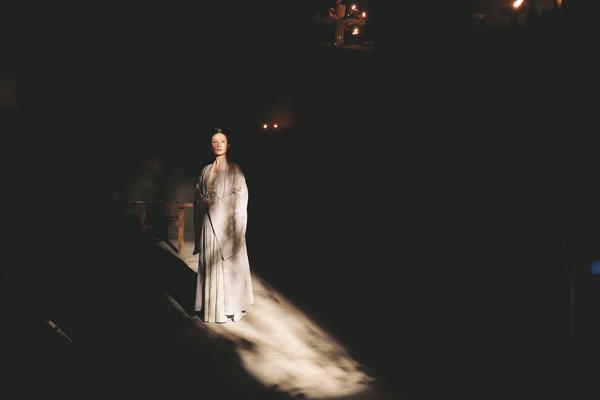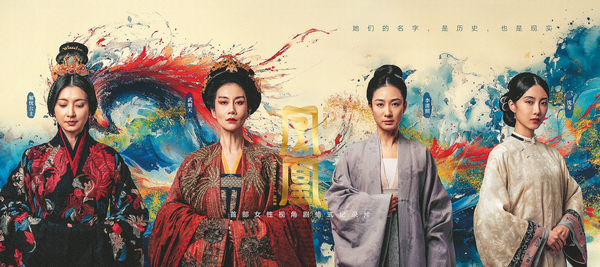Series showcases strong women of ancient China
Four famous females are topics of documentary that covers reputation, resilience and gender equality, Xu Fan reports.
By Xu Fan | China Daily Global | Updated: 2024-12-05 08:59

As a legendary figure in Chinese literature, poet Li Qingzhao's early life was dazzling. At the young age of 16, she rose to prominence as a literary star in the male-dominated Northern Song Dynasty (960-1127). She was only 18 when she married scholar Zhao Mingcheng. Together, they shared a mutual passion for epigraphy and art in a harmonious marriage that lasted nearly three decades.
Tragically, the dynasty collapsed due to the invasion of the Jurchen troops from the Jin Dynasty (1115-1234) in the north, which forced Li to flee amid wartime turbulence. She struggled to preserve the couple's art collections, endured the pain of her husband's death and suffered from a severe illness that nearly claimed her life.
Amid harsh times, 48-year-old Li got remarried to Zhang Ruzhou, a low-ranking military officer who coveted Li's valuable collections. They divorced just over 100 days after Li refused to endure her second husband's abuse due to her refusal to satisfy his greed.
When film director Wang Xin delved deeper into historical materials for the documentary Phoenix: The Story of Her, she was surprised to find that Li's brief second marriage had been regarded as a "stain" by some scholars in the Ming and Qing dynasties (1368-1911) who adored her literary talent, claiming that such records during the Southern Song Dynasty (1127-1279) were fabricated.
"It's interesting that those who believed in Li's remarriage and those who didn't formed two schools of thought," Wang tells China Daily during a telephone interview.
Wang says such academic arguments were created by gender inequality, as a widow's chastity was cherished to an unprecedented degree due to historical reasons.

Hardship and struggle
In the Northern Song Dynasty, it was normal for women to remarry, but this changed after the dynasty's darkest chapter. Emperor Qinzong and his father Emperor Huizong were captured and forced to send thousands of royal and aristocratic women to the Jin capital as war "compensation". Many of these women endured torture and a few chose suicide for defending their reputation. Their being abused was regarded as a humiliation by later generations of historians in ancient China. This resulted in the strengthened advocacy of the value of virtue.
"The history was written by and for men, a view I heard in a speech delivered by historian Mao Liping several years ago. Even the ancient biographies with women as protagonists were written for men, as these works encourage and praise fidelity and chastity," says Wang.
Driven by a strong interest in revisiting ancient Chinese female celebrities from a more modern perspective, Wang and her fellow creators spent four years preparing for and producing the documentary.
























